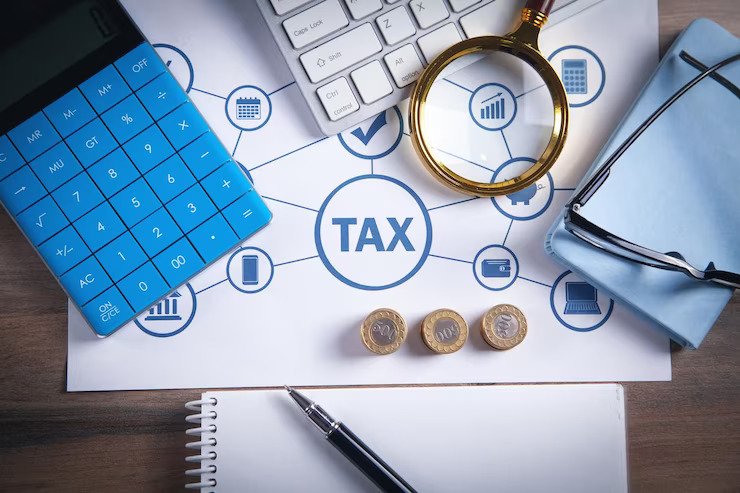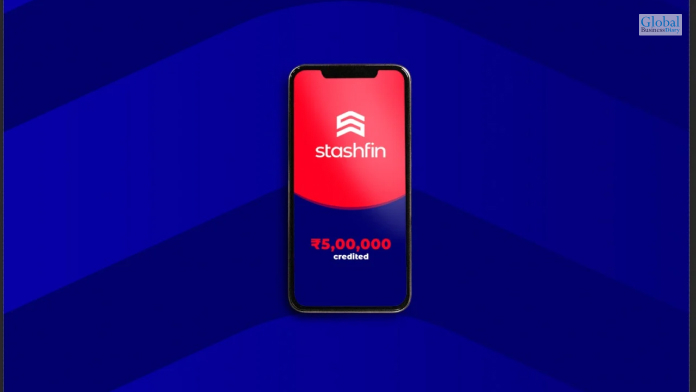What Will Happen If You Do Not Pay Your Tax Bill? What Are The Next Steps?

There’s a saying in life: only two things are certain – death and taxes.
Yet, while everyone knows they need to pay their taxes, some people either cannot or choose not to do so. What happens if you don’t pay your taxes, and what are the next steps if you find yourself in this predicament?
In this blog post, we will explore this issue in depth.
Initial Notices And Letters
If you haven’t paid your tax bill, the first thing you’ll receive is letters from the tax authority in your country (the Internal Revenue Service (IRS) in the US, for instance). These letters are typically polite reminders telling you that you owe taxes and providing instructions for payment. Should you fail to respond to these reminders or choose to ignore them, the letters will progressively become more serious and insistent.
Don’t underestimate the importance of these letters – they are an official record of your debt and could have severe legal implications down the line. It’s best to consult a tax professional or attorney if you receive these letters to understand what your next steps should be. Remember, you can always find out here about dealing with these notices.
Interest And Penalties
It’s not just the initial tax bill you’ll need to worry about if you don’t pay your taxes. The amount you owe will continue to grow due to penalties and interest.
The IRS, for example, typically adds a failure-to-pay penalty of 0.5% of the total unpaid taxes for every month or portion of the month the tax is left unpaid. Furthermore, this penalty can build up to as much as 25% of your entire unpaid taxes.
Tax Liens
If your unpaid tax debt continues to grow and remains unresolved, the tax authority may place a tax lien on your assets. This means they have a legal claim to your property, including your house and car, which they can seize to settle your tax debt.
A tax lien can wreak havoc on your credit score, making it difficult for you to secure loans or credit in the future.
Wage Garnishment And Asset Seizure
In extreme cases, if you continue to ignore your tax debt, the tax authority has the power to garnish your wages or even seize your assets, such as bank accounts, to pay off the debt. This is a last resort measure and usually follows several attempts by the tax authority to collect the debt voluntarily.
Criminal Charges
While rare, it’s possible to face criminal charges for not paying taxes. Tax evasion is a serious crime and can lead to fines or imprisonment. However, the tax authority usually reserves this for egregious cases or when they suspect deliberate fraud.

Next Steps If You Can’t Pay Your Tax Bill
So, what can you do if you’re unable to pay your tax bill? Don’t panic – there are several options available.
1. Installment Agreements
Many tax authorities, including the IRS, offer installment agreements for taxpayers who cannot pay their tax bills in full. This lets you pay tax debts over time in smaller, more manageable amounts.
2. Offer-In-Compromise
An OIC or Offer in Compromise refers to an agreement between the tax authority and a taxpayer that stabilizes the tax liabilities of the taxpayer for a reduction from the complete amount owed. However, this is not a guarantee, as the tax authority will take into account your ability to income, pay, expenses, and asset equity.
3. Temporary Delay
If the tax authority determines that you’re unable to pay the tax debt you own, they may temporarily delay collection until your financial condition improves.
In Conclusion
While not paying your tax bill can lead to serious consequences, there are options and resources available if you find yourself unable to pay. Remember, the worst thing you can do is ignore your tax bill. It’s essential to communicate with your tax authority and seek professional advice if you’re having trouble.
Remember, the sooner you address your tax issues, the less severe the penalties are likely to be. So, take action now before a manageable issue turns into a financial nightmare.
Read Also:













